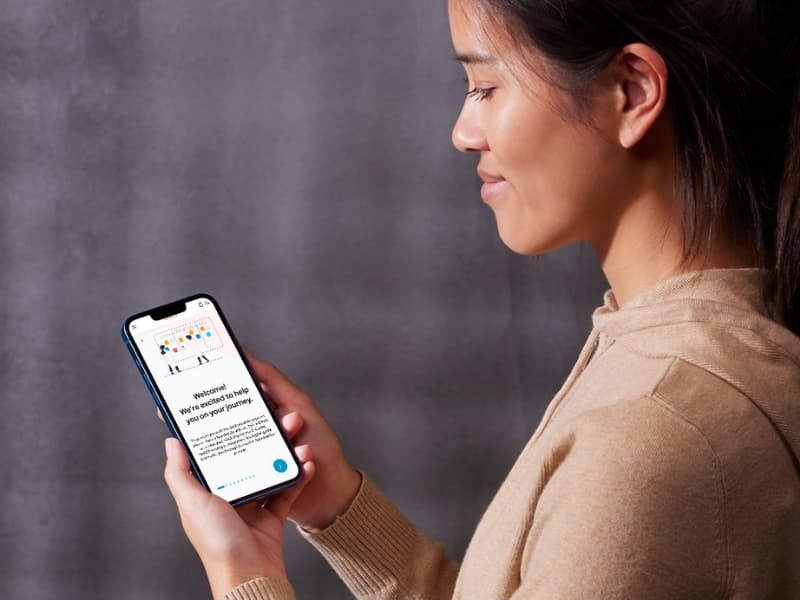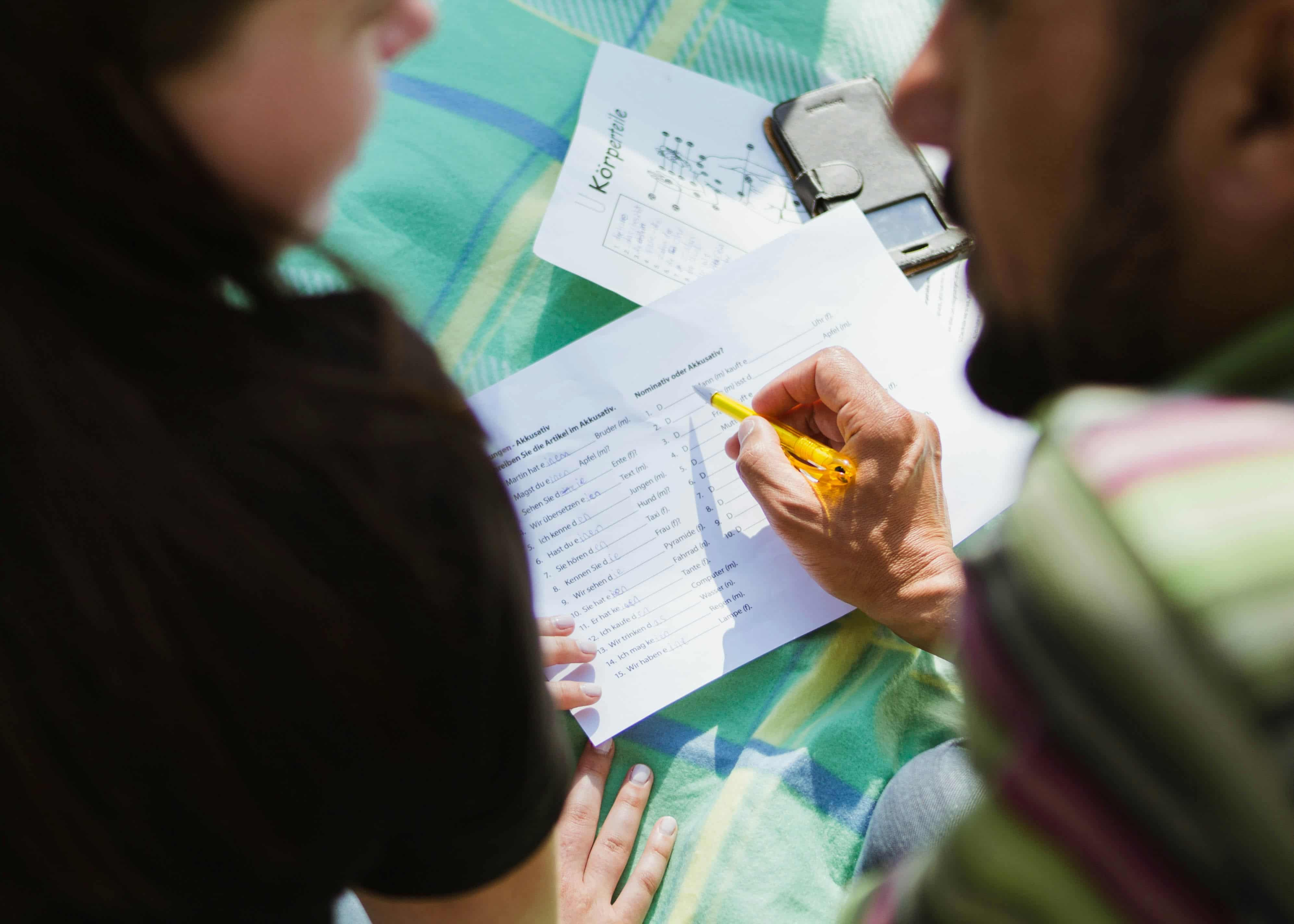Are you currently waiting for the recognition of your medical degree in Germany? This phase can take several months and often comes with uncertainty and delays.
An observership is a great way to actively use this time. It allows you to gain insight into day-to-day hospital work, improve your medical German, and build your first professional connections in Germany.
Whether you’re exploring your options or preparing for your first job – here’s everything you need to know about observerships at a glance.
What exactly is an observership?
During an observership, you shadow hospital staff on a ward and observe everyday clinical routines – without actively treating patients. In English, this is typically referred to as an observership.
You’ll be present during ward rounds, witness examinations, and get a sense of how medical processes are structured in German hospitals.
Why is an observership a smart choice?
An observership offers many benefits:
- You improve your medical German in real-life clinical situations – through team communication, technical language, and documentation.
- You learn about workflows and hospital structures in Germany – from ward rounds and electronic documentation to handovers.
- You understand how responsibilities are divided – between nurses, residents, and senior physicians.
- You build your first professional network – and in many cases, an observership can lead to a job offer later on.
What can you do during an observership – and what not?
An observership is purely observational – you’re part of the environment but hold no medical responsibility.
You are allowed to:
- Attend ward rounds and clinical procedures
- Listen in on team meetings
- Observe administrative and clinical workflows
- Ask questions and learn from the team
You are not allowed to:
- Examine or treat patients
- Perform any medical tasks independently
- Make diagnoses or clinical decisions
How long does an observership last?
The length is flexible: from just a few days to up to three months.
Most international doctors opt for one to two months. The exact duration is usually agreed upon individually with the hospital.
Do you get paid for an observership?
No – observerships are usually unpaid. They’re considered voluntary learning and orientation opportunities.
That means you must cover your own travel, accommodation, and meals.
Still, the experience is often invaluable – for your medical knowledge, language skills, and career.
An observership helps you get to know clinical practice and connect with potential employers.

During an observership, you gain insight into medical practice and start building your professional network.
Where can you do an observership?
Observerships are possible in a variety of healthcare settings, including:
- Hospitals (e.g., university, municipal, or private clinics)
- Specialist medical practices
- Rehabilitation centers
What language skills do you need?
There is no official language requirement, but we strongly recommend a minimum B2 level in German.
You should be able to follow conversations, understand medical terminology, and listen actively.
How do you apply for an observership?
Most observerships require a direct, unsolicited application – typically by email to the hospital or clinic.
Many institutions don’t publicly advertise observership placements, but they are open to inquiries.
Some clinics have a dedicated contact person for international doctors. If not, you can reach out directly to the relevant department, such as the head of department or their assistant.
Note: You’ll find detailed guidance on how to search for hospitals and prepare your application documents on our platform.
How can you increase your chances of being accepted?
Getting an observership can be competitive – especially in major cities or large hospitals. But here are some tips that can significantly improve your chances:
1. Submit a strong application
Even if no official certificate is required, many hospitals prefer applicants with at least a B2-level in German. If you can prove your language level – great! A motivation letter or a recommendation from a doctor or professor can also make your application stand out.
2. Apply broadly and follow up
One application is often not enough. Prepare a list of 15–20 hospitals or clinics you’d like to apply to. If you don’t get a reply within a few weeks, it’s okay to send a friendly follow-up email or re-send your application.
3. Consider smaller towns and rural areas
Big cities like Berlin or Munich get the most requests. But in smaller cities or rural regions, your chances are often much better – and teams there are often very open and supportive.
Why an observership is the perfect first step
An observership opens the door to the German healthcare system. You’ll learn how hospitals work, improve your technical language, and build relationships with potential employers – all before receiving your Approbation.
Make the most of your waiting time. An observership will help you move forward – professionally, linguistically, and personally.
Use our free platform to find observership opportunities tailored to your profile.
Start in just a few clicks and discover clinics that welcome international doctors like you.
FAQ
What is an observership for doctors in Germany?
An observership is a non-clinical internship for international doctors who haven’t yet received their Approbation. You observe hospital routines and get to know the German healthcare system without actively treating patients.
How do I find an observership placement?
Most observerships are not advertised. You apply directly and proactively to hospitals or medical practices – ideally with a CV, proof of language skills (B2 or higher), and a short motivation letter. Your chances are often higher in smaller towns or rural areas.
What are the requirements for an observership?
You don’t need an Approbation. While an official certificate is not mandatory, German at B2 level is often expected. You should be able to follow conversations, understand instructions, and communicate respectfully within the team.
📌 A quick legal note
The information provided in this article is for general guidance only and does not replace legal advice or official sources. We strive for accuracy, but we recommend consulting the responsible authorities for the most up-to-date requirements.
All information provided without guarantee.






